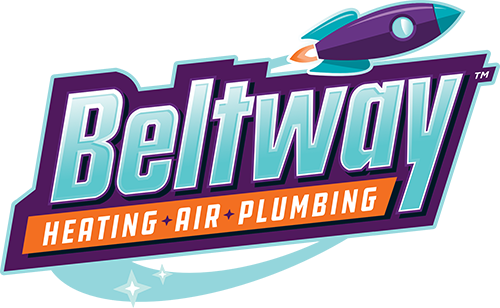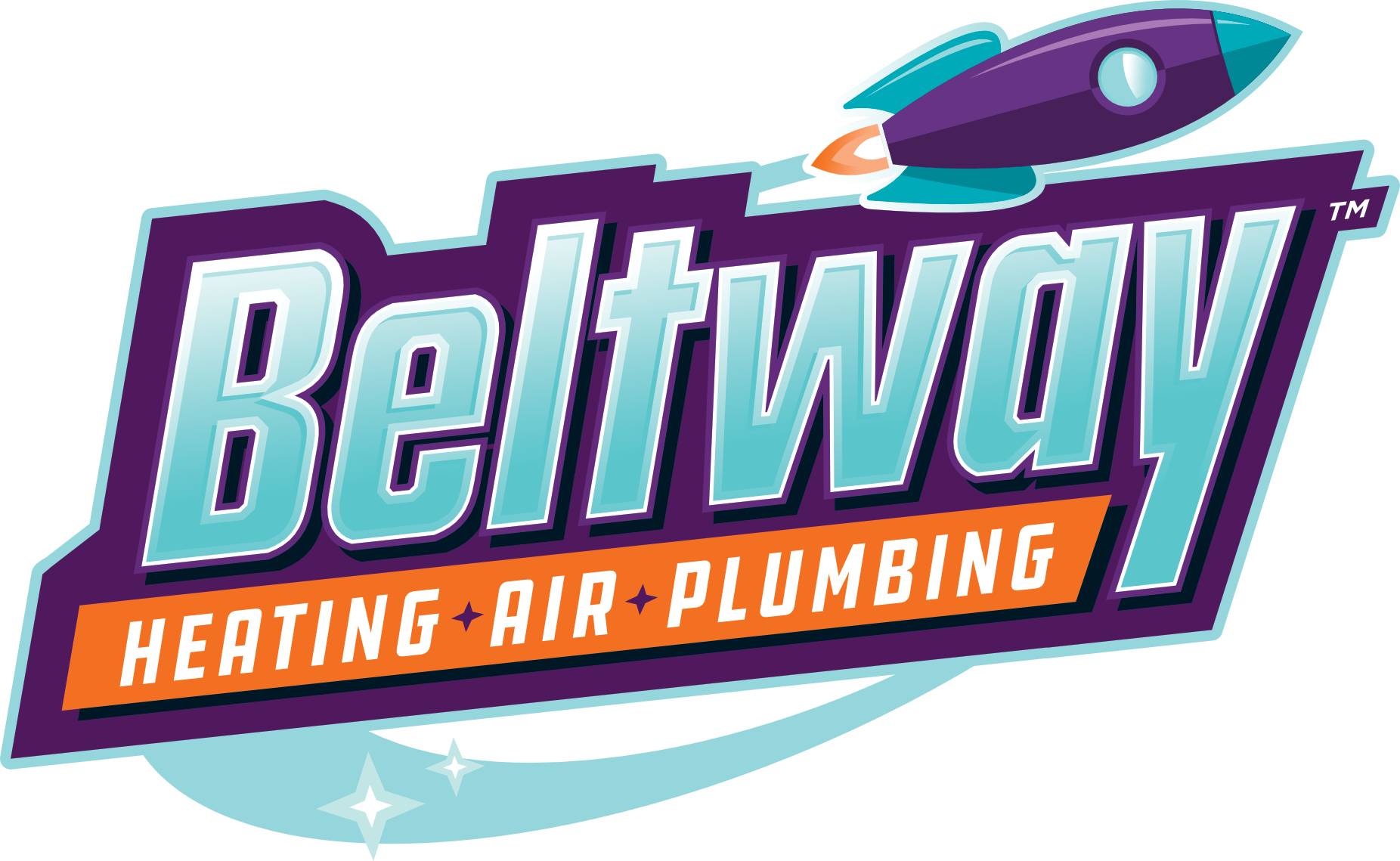Choosing the right water heating appliance for your home is an important investment. When making this major decision, it is crucial to consider things like energy efficiency, life span, size, and cost. A functional water heater is vital to the comfort of your home and your family.
Depending on the specific needs of your home, choosing between a tank or tankless water heater comes with a set of advantages and disadvantages. Although both options heat water, each method performs the job differently. Understanding the differences between these two heating options will help you decide which is the best water heater installation option to choose for your home.
What is a Tank Water Heater?
For decades, tank water heaters have been the established heating method in homes. Commonly known as a storage-tank water heater, this device uses an insulated cylindrical tank to store hot water. The inner components of the insulated tank heat water at the bottom of the tank using gas or electricity, much like how a stove heats up a pot of water to make it boil. The water inside the tank rises to the top and remains hot until all the water depletes. When fresh cold water enters the tank, the water activates the heating source. When the water reaches the desired temperature, the heating source deactivates.
What Is a Tankless Water Heater?
Tankless water heaters, like tank water heaters, can use gas or electricity to heat water. However, without using a storage tank, this option delivers an on-demand heating method. Tankless water heaters use a heat exchanger to instantly raise the temperature of cold water as it passes through the exchanger. This type of heater is more energy efficient and eliminates heat loss associated with storage-tank heaters. Tankless water heaters only heat water when the tap is used or when an appliance requires hot water.
Benefits of Tank Water Heaters
To decide if a tank water heater is the right choice for your home, you must determine what size of tank will satisfy your property’s peak demand. To figure this number out, identify the gallon-per-minute flow rate, or GPM, of all appliances and fixtures in your home using hot water. Add up the GPM flow rates of each appliance and fixture using hot water to receive your peak demand figure.
Compare your home’s peak demand with the capacity limit listed on the water heater’s energy guide label to determine what size of tank is sufficient for your place. Tank water heaters are available in sizes ranging from 20- to 80-gallon tanks.
Tank water heaters offer several benefits over tankless heaters. These benefits include:
- Less expensive up-front costs
- Quickly heats large volumes of water
- Easier to diagnose and repair
- Simpler installation process
Although there are benefits to tank water heaters, there are also disadvantages to this heating method. These disadvantages include:
- Short life span, up to 15 years
- More expensive energy bills
- Long wait time for heated water
- May develop leaks
Benefits of Tankless Water Heaters
If you are considering a tankless water heater, you need to understand the distinct types. The two types of tankless water heaters include point-of-use heaters and whole-house heaters. Point-of-use heaters provide heated water to a specific area or appliance. Whole-house heaters deliver heated water to all appliances, showers, and sinks in the home.
Tankless water heaters also feature condensing and non-condensing options. Condensing water heaters reduce heat loss by reusing hot exhaust gas to raise the water temperature. A non-condensing water heater exhausts excess heat outdoors. The U.S. Department of Energy estimates tankless water heaters are up to 34% more efficient than tank heaters.
Tankless water heaters have notable advantages over tank heaters. These advantages include:
- More efficient with reduced heat loss
- Smaller size
- Decreased leaking potential
- Extended life span, up to 20 years
Though there are notable benefits to tankless water heaters, there are also disadvantages. These disadvantages include:
- Expensive up-front costs
- May require additional installations
- Minor wait time for heated water
- Corrosion of condenser components
Gas vs. Electric
Both tank and tankless water heaters have gas and electric options. Whether you select a gas or an electric option depends on your home. Gas options will require proper ventilation and gas line installation. Electric options are more energy efficient but have lower GPM flow rates.
To make the best decision, weigh the pros and cons of each option. If you require less maintenance and a simple installation, then a storage-tank water heater is the better option. If you desire longevity and cheaper utility bills, then a tankless water heater is your best choice.
Tankless water heaters are more expensive initially but make up for the costs over time with better energy efficiency.
Purchase Price
The choice you make between a tank heater and a tankless model may revolve around purchase price and installation costs. The price range of water heaters varies, but the heater’s maximum capacity plays a key role. Along with capacity, the price range of the heater is determined by the heater’s brand and size dimensions.
In most cases, tank water heaters are more affordable than tankless water heaters. The price of tank water heaters ranges from $300 to $1,500, with more expensive brands reaching upward of $2,000.
The price of tankless water heaters is cheaper than tank heaters. Some tankless heater models cost as low as $150, but some models cost upward of $2,000. One of the most expensive tankless water heaters uses solar power and costs upward of $6,000.
While point-of-use water heater installation is the cheapest option, tank water heater installation can range from $800 to $1,800. The national average for tankless water heater installation is $1,200 with national estimates as low as $300.
Maintenance Tips
For many homeowners, choosing the proper water heating solution depends on budget, installation process, and available housing space. However, willingness to perform preventative maintenance on the water heater also plays a role in selecting the right water heater option for your home. Tank and tankless water heaters require different forms of preventative maintenance.
Preventative maintenance of your water heater will help extend the heater’s life span. Tankless water heaters can last up to 20 years while tank water heaters can last between 10 and 15 years.
Manufacturers of tank water heaters recommend occasionally draining the storage tank to flush sediment. Regular anode rod replacement helps extend the life span of tank heaters by slowing down corrosion and rust buildup.
For tankless water heaters, occasionally flushing the heat exchanger helps prevent hard-water deposits. Cleaning the sediment filter also helps increase longevity.
Consult Beltway Air Conditioning, Heating & Plumbing for Water Heater Services
When you need maintenance or installation services for your water heater in Hanover, MD, reach out to Beltway Air Conditioning, Heating & Plumbing to speak with one of our professionals. With extensive training, our team provides the expertise to manage your tank or tankless water heater repair service. We also specialize in residential and commercial HVAC services within a 25-mile radius of Hanover. Give us a call or complete the online form to schedule a consultation with a member of our well-trained, licensed staff.




